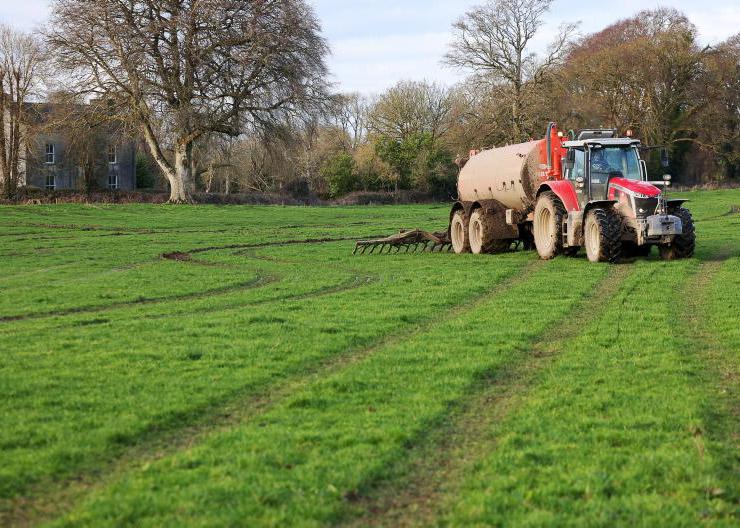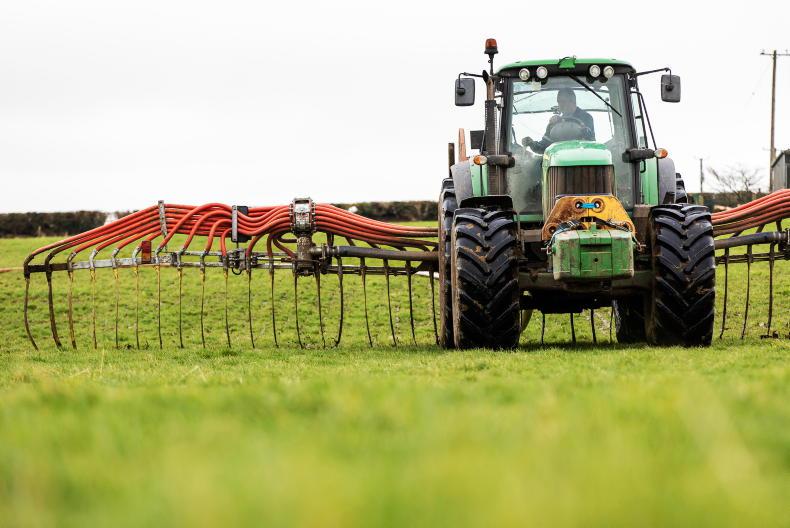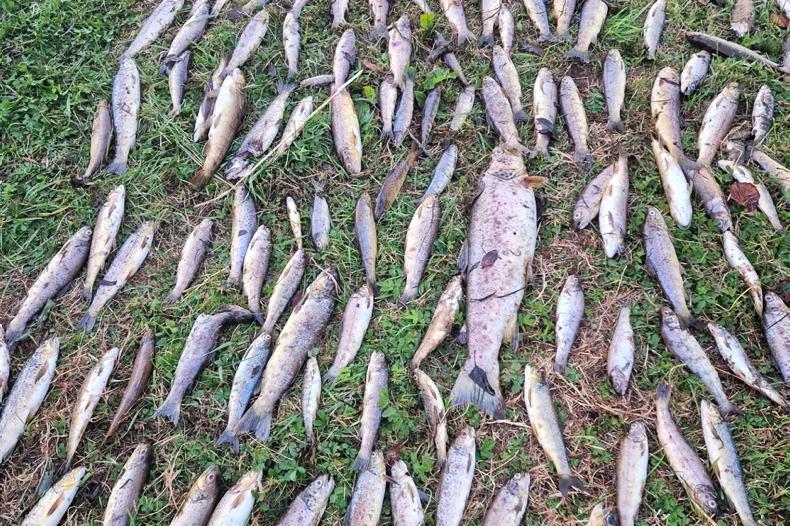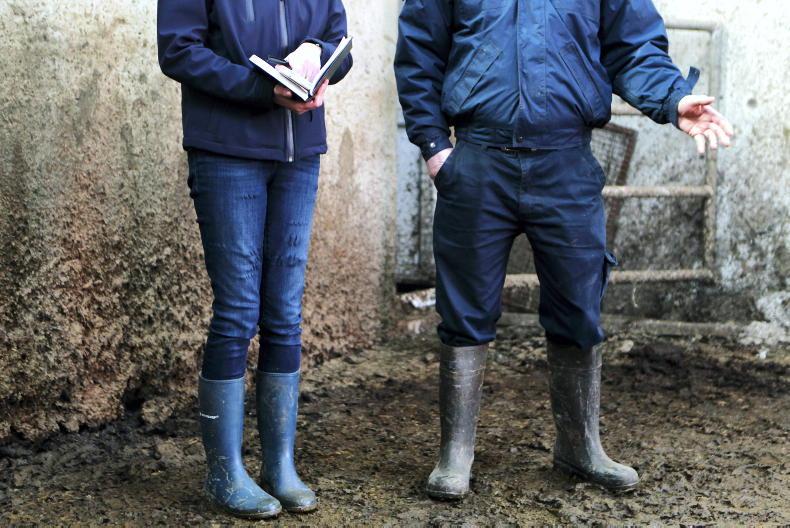The Scottish Government should update its clean air strategy to include agricultural air pollutants, Members of the Scottish Parliament (MSPs) have said.
The Scottish Parliament’s environment, climate change and land reform committee made the recommendation in a report following its inquiry into air quality in Scotland.
It called on the Government to say how and to what it extent it expects to reduce agricultural pollutants; to provide guidance to the sector on adopting practices to mitigate against the problem and offer incentives to speed up the adoption of new techniques.
The Cleaner Air for Scotland strategy works across sectors, notably transport, which affect air quality, setting out actions for improvement.
Professor Mark Sutton of the NERC Centre for Ecology and Hydrology, said that agriculture’s contribution to air pollution, specifically through ammonia emissions had not “been adequately addressed”.
He made his comments in the context of Scotland, the UK and the EU, adding that Scotland receives a substantial contribution of air pollutants from elsewhere in the UK and continental Europe.
“Every sector, including agriculture, has to do its bit to reach clean air targets,” said Graeme Dey MSP.
Dey, who chairs the committee, told Farmers Journal Scotland that manure-spreading techniques used by farmers in Denmark and the Netherlands would be beneficial if adapted to Scotland.
“Good research is done and [there is] good practice, but we’re not sure how well that information is shared with the sector,” Dey said.
But NFU Scotland encouraged policy-makers to take account of Scottish circumstances.
“Often the evidence base is not strong with regard to what Scottish agriculture is doing,” said union deputy policy director Andrew Bauer.
“When it comes to ammonia, we have a relatively small, intensive agricultural sector in Scotland. Also the European Commission has said that Scotland is leading the EU in reducing diffuse pollution to water, which reduces it to air as well.”
The Scottish Government said that it “will consider the committee’s recommendations carefully”.
“The Climate Change Plan commits us to working to establish best practices for slurry and manure management […] and we are conducting research into the role of livestock nutrition, as we look to reduce potentially harmful emissions,” a spokesperson said.










SHARING OPTIONS